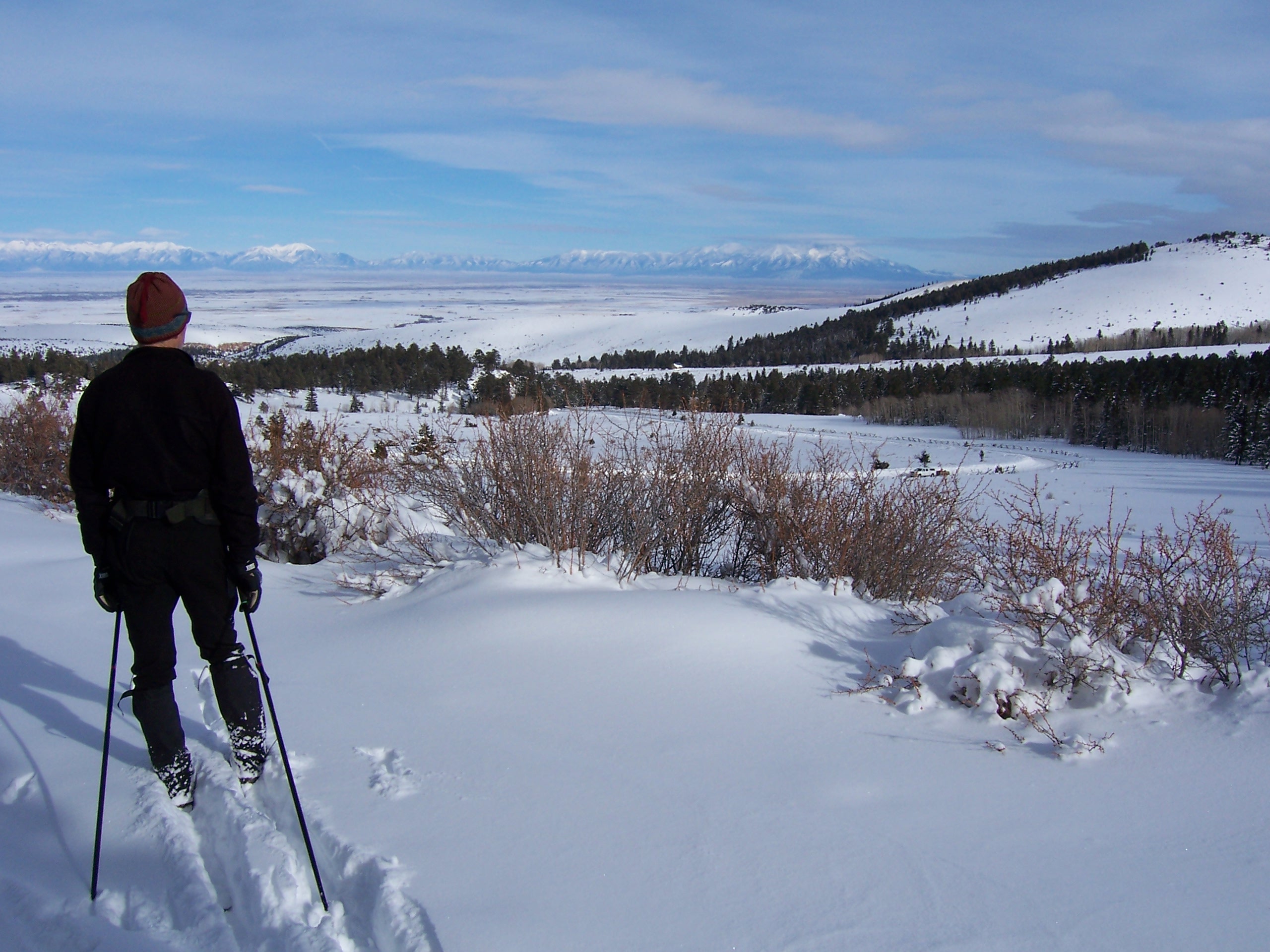 Researchers in Norway have retracted a second high-profile exercise paper — again after running afoul of an ethical approval committee.
Researchers in Norway have retracted a second high-profile exercise paper — again after running afoul of an ethical approval committee.
As part of the 2016 study, the researchers gave athletes asthma medication to measure its effect on signals from the nervous system to the lungs; although the drug appeared to have no detectable effect on the nervous system signals, 45 minutes after getting the drug, athletes (including those without asthma) showed an average slight increase in one measure of lung function.
Annette Birkeland, of The Norwegian National Research Ethics Committees (FEK), told us:
This study, and the previous one, got widespread media attention in 2016 when the Norwegian Ski Association was criticized for the distribution and use of asthma medicines among the athletes of cross country [skiing] as a preventive measure.
The affair, tied to Norway’s de facto national sport, received coverage in the country’s biggest newspaper. Many Norwegian cross-country skiers have used asthma medications, prompting one champion to be banned; the World Anti-Doping Agency allows treatment for diagnosed asthmatics. According to Birkeland, the Norwegian Board of Health Supervision, which oversees health research in the country, began an investigation in 2016 of both papers, which led to the discovery of both ethical violations.
The retraction notice for the paper, posted Jan. 16, did not provide any information besides saying the authors had requested the retraction. However, Kenneth Wilson, the managing editor for Medicine & Science in Sports & Exercise, told Retraction Watch the authors did not have the proper ethical approval for human subjects research:
The authors made what they considered a minor research protocol change to a still-considered methodological development study. However, they later learned they were required to submit an additional ethical approval application.
He added that the authors requested the retraction in November 2017.
The retraction of “Assessment of Parasympathetic Activity in Athletes: Comparing Two Different Methods” is the second for many of the co-authors. Their previous retraction took place in 2016.
From what we can tell, the two retracted papers were not based on the same study protocol; however, the previously retracted paper, published in 2014, was also concerned with the parasympathetic nervous system in athletes.
First author Julie Stang, of the Norwegian School of Sports Sciences, declined to comment, but has previously denied her research had anything to do with boosting athletic performance. When we wrote about the first retraction, she told us the authors had struggled to obtain ethical okays for the research, but had believed the issue was resolved. Other co-authors did not respond to Retraction Watch’s request for comment.
The 2016 paper has been cited twice, according to Clarivate Analytics’ Web of Science.
Wilson told us that the authors provided additional details along with their retraction request. According to Wilson, the authors said they had applied for ethical approval from the Regional Ethics Committee (REK) before recruiting participants, but were told by the REK in April 2012 that a “methodological development study” didn’t need an evaluation. But after receiving that decision the authors changed the protocol and added another test, Wilson said:
They considered this change minor in that it did not alter the aim of the study. The study was still considered methodological and the authors did not submit a new application to REK.
During its investigation, the Norwegian Board of Health Supervision determined that the additional test was a problem, FEK’s Birkeland said:
Had the researchers not included the additional test, they would not need a REK approval as the project would have been outside the Health Research Act. However, research projects collecting and analyzing personal data outside the scope of the Health Research Act, need a concession from the Data Protection Authority….
Instead, they changed the research project without reaching out to REK for advice. The Board for Health Supervision decided that the Norwegian School of Sports Sciences had to [destroy] all the research material, retract the articles, and end any research based on the material. The Board noted that the participants in the projects had not suffered any harm, even if the projects were unjustifiable.
None of this information, however, is in the retraction notice. When a user on Twitter posted about the lack of explanation for the withdrawal of the paper, the publisher posted a brief explanation of what happened. When asked why they didn’t include that information in the notice, the journal replied:
We appreciate your feedback. Since the authors provided valid reasons why they requested the retraction, we honored the request & listed that as the reason. If the journal found impropriety w/the original paper after publishing, we would have provided more details in the notice.
Like Retraction Watch? You can make a tax-deductible contribution to support our growth, follow us on Twitter, like us on Facebook, add us to your RSS reader, sign up on our homepage for an email every time there’s a new post, or subscribe to our daily digest. If you find a retraction that’s not in our database, you can let us know here. For comments or feedback, email us at [email protected].